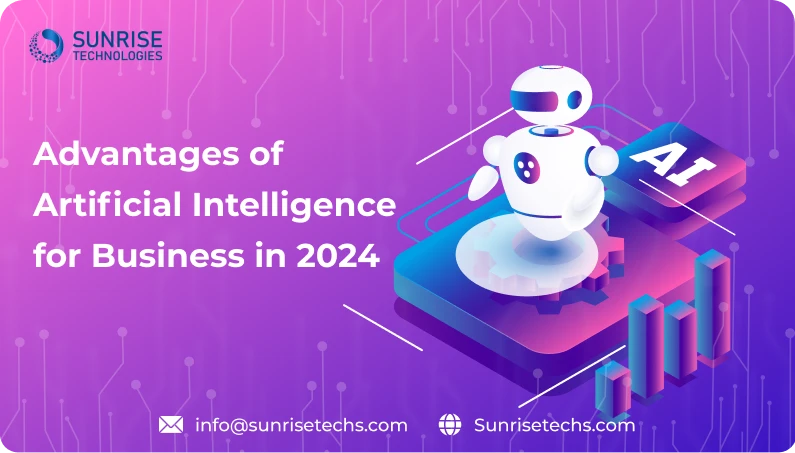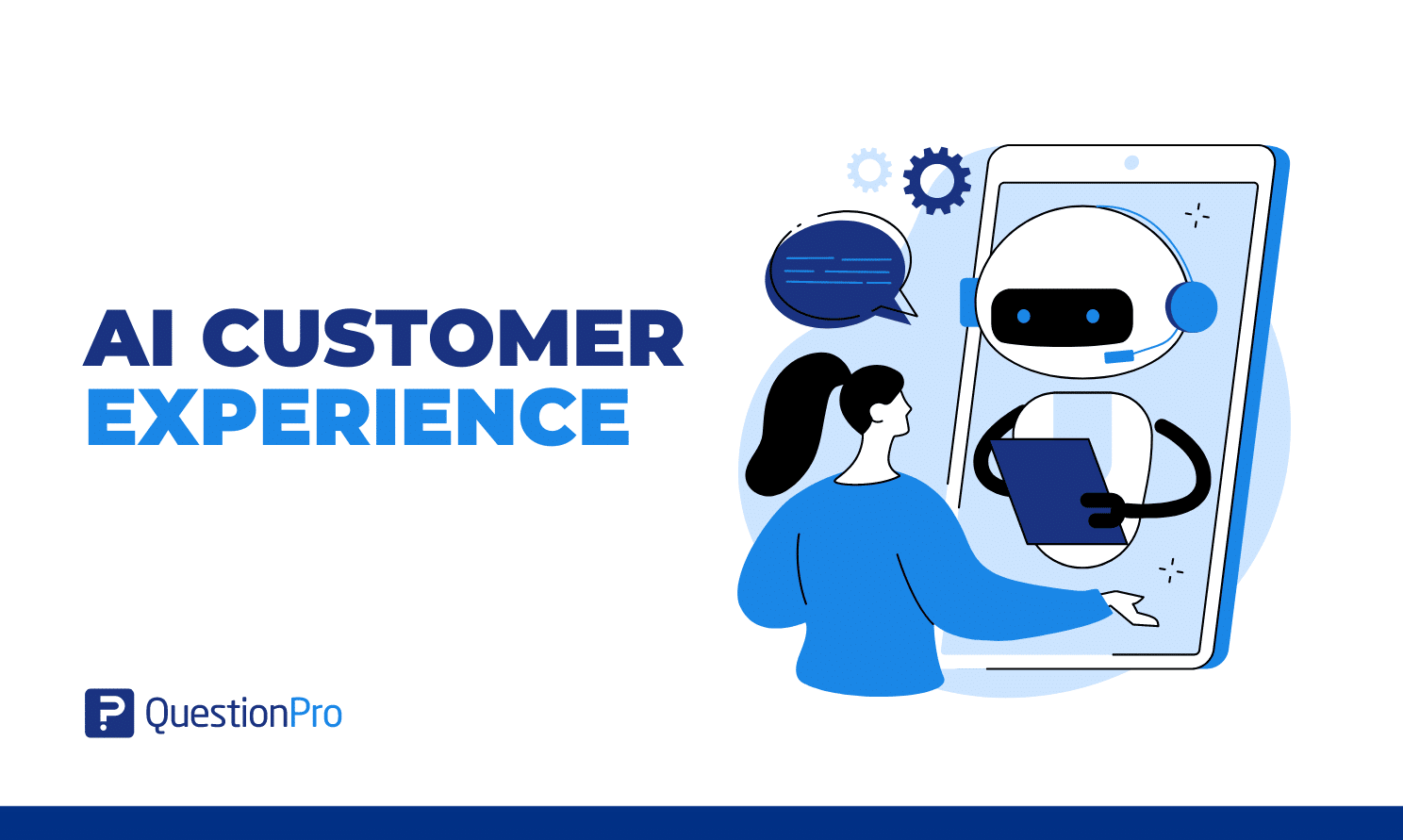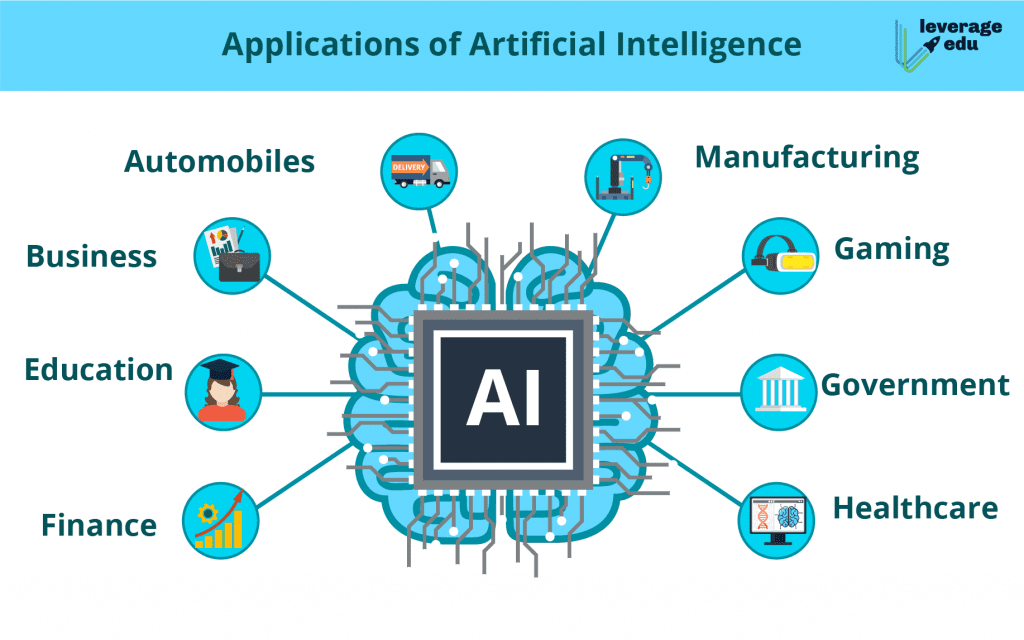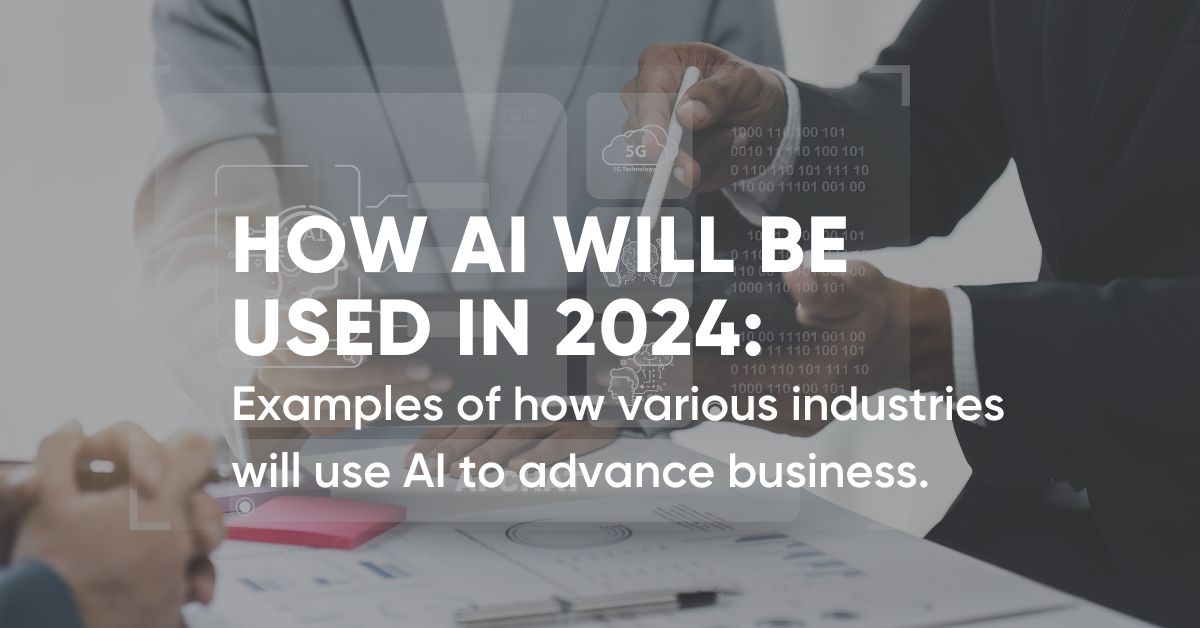
How businesses are using artificial intelligence in 2024 In the dynamic landscape of modern business, artificial intelligence (AI) has emerged as a transformative force, reshaping operational paradigms and redefining customer interactions. This comprehensive report delves into the multifaceted role of AI in contemporary business practices ,How businesses are using artificial intelligence in 2024 offering insights gleaned from a recent survey conducted by Forbes Advisor.Unveiling the Role of Artificial Intelligence in Modern Business Practices: Insights from 2024, Through an exploration of key findings, we aim to elucidate the evolving landscape of AI integration and its implications for businesses across sectors.
Key Insights:
- A majority of business stakeholders foresee AI as a catalyst for positive change, anticipating enhanced efficiencies and customer engagement.
- Concurrently, concerns persist regarding potential dependencies on AI technology and its ramifications on traditional workforce structures.
- Notably, the advent of ChatGPT emerges as a pivotal development, with businesses eagerly anticipating its potential to streamline operations and drive innovation.
Table of Contents
1.Utilization of Artificial Intelligence in Business Operations in 2024:Unveiling the Role of Artificial Intelligence in Modern Business Practices

Predictive analytics and AI-powered algorithms enable sales teams to better understand customer behavior and preferences and automate and improve sales operations. Sales teams can use AI to help with the following aspects of the sales process and strategy: Automating manual tasks.
a.Enhancing Business Processes with AI in 2024-Unveiling the Role of Artificial Intelligence in Modern Business Practices

AI technologies are revolutionizing core business processes, facilitating automation, optimization, and data-driven decision-making. From production management to supply chain logistics, AI-driven solutions are enabling businesses to operate with unprecedented agility and precision.
b.Elevating Customer Experiences through AI Integration:Unveiling the Role of Artificial Intelligence in Modern Business Practices

Customer-centric AI applications, including chatbots, personalized recommendations, and dynamic content delivery, are reshaping the customer journey. By harnessing AI, businesses can offer tailored experiences that foster brand loyalty and drive revenue growth.
c,Diverse Applications of Artificial Intelligence in Business:Unveiling the Role of Artificial Intelligence in Modern Business Practices

Beyond operational efficiency and customer engagement, AI finds applications across diverse domains, including cybersecurity, fraud detection, and talent acquisition. Its versatility empowers businesses to innovate and adapt to evolving market dynamics with unparalleled agility.
2.Addressing Concerns Surrounding Artificial Intelligence:Unveiling the Role of Artificial Intelligence in Modern Business Practices
Business Owners’ Apprehensions and Expectations: While optimistic about AI’s potential, business owners express apprehensions regarding technological dependence and workforce displacement. Striking a balance between innovation and traditional practices remains a key challenge amidst rapid AI adoption.
Anticipated Positive Impacts of AI, Particularly ChatGPT: Despite concerns, businesses anticipate transformative impacts from AI, particularly highlighting the potential of ChatGPT to revolutionize communication, content creation, and decision-making processes. The prospect of AI-driven innovation inspires confidence in its ability to drive sustainable growth and competitive advantage.
As businesses navigate the complex terrain of digital transformation, the role of artificial intelligence emerges as a cornerstone of strategic innovation. By harnessing AI technologies effectively, businesses can unlock new avenues for growth, resilience, and customer-centricity. However, addressing inherent challenges and fostering a culture of adaptability will be paramount in maximizing the potential of AI to drive sustained value creation.
3.AI-Driven Marketing and Sales Strategies:Unveiling the Role of Artificial Intelligence in Modern Business Practices
AI has become a cornerstone of modern marketing and sales strategies, enabling businesses to target the right audience with personalized campaigns and optimize conversion rates. In 2024, AI-powered tools for lead generation, customer segmentation, and content optimization have gained widespread adoption. By analyzing customer data and behavior patterns, businesses can create hyper-targeted marketing campaigns, deliver relevant content across channels, and maximize the impact of their sales efforts. AI-powered sales forecasting and predictive analytics also play a crucial role in optimizing sales pipelines and maximizing revenue generation.
4. Revolutionizing Supply Chain Management:Unveiling the Role of Artificial Intelligence in Modern Business Practices
AI is transforming supply chain management practices, enabling businesses to optimize inventory management, logistics, and distribution processes. In 2024, AI-driven predictive analytics tools are used to forecast demand, optimize inventory levels, and minimize stockouts and overstock situations. Machine learning algorithms analyze historical data, market trends, and external factors to predict supply chain disruptions and proactively mitigate risks. AI-powered optimization algorithms also help businesses optimize route planning, reduce transportation costs, and improve overall supply chain efficiency.
5. Enhancing Workplace Productivity with AI:Unveiling the Role of Artificial Intelligence in Modern Business Practices
Unveiling the Role of Artificial Intelligence in Modern Business Practices solutions that enhance productivity and collaboration. In 2024, businesses are leveraging AI-powered virtual assistants, workflow automation tools, and intelligent decision support systems to streamline tasks, automate routine processes, and improve decision-making efficiency. Natural language processing (NLP) and sentiment analysis tools enable businesses to gain valuable insights from unstructured data sources such as emails, customer feedback, and social media interactions, facilitating better communication and decision-making across the organization.
6. AI Ethics and Responsible Deployment:Unveiling the Role of Artificial Intelligence in Modern Business Practices
In 2024, businesses are increasingly recognizing the importance of ethical AI deployment and responsible use of AI technologies. As AI systems become more integrated into business operations, ensuring fairness, transparency, and accountability in AI algorithms and decision-making processes is paramount. Companies are investing in AI governance frameworks, ethical AI guidelines, and algorithmic transparency measures to mitigate biases, protect user privacy, and uphold ethical standards. By prioritizing AI ethics and responsible deployment, businesses can build trust with customers, stakeholders, and society at large, fostering long-term sustainability and success.
7. The Future of AI in Business:Unveiling the Role of Artificial Intelligence in Modern Business Practices
As we reflect on the insights and trends from 2024, it’s evident that artificial intelligence has become an indispensable tool for modern businesses. From enhancing customer experiences and optimizing operations to driving innovation and growth, AI is reshaping the way businesses operate and compete in today’s digital economy. Looking ahead, the continued advancement of AI technologies and the responsible deployment of AI solutions will be key drivers of success for businesses across industries. By embracing AI-driven strategies and cultivating a culture of innovation and ethical responsibility, businesses can unlock new opportunities, drive value, and stay ahead in an ever-evolving business landscape shaped by artificial intelligence.
| Key Areas of AI Implementation | Description |
|---|---|
| Customer Experience Enhancement | Leveraging AI for personalized recommendations, proactive customer support through chatbots, sentiment analysis, and tailored communication to enhance customer satisfaction and retention. |
| Decision-Making with AI Analytics | Utilizing AI-powered analytics tools for real-time data processing, actionable insights extraction, and predictive analytics to optimize pricing strategies, streamline operations, identify market opportunities, and mitigate risks. |
| Marketing and Sales Strategies | Deploying AI for lead generation, customer segmentation, content optimization, and sales forecasting to target the right audience with personalized campaigns, optimize conversion rates, and maximize revenue generation. |
| Supply Chain Management Revolution | Transforming supply chain management with AI-driven predictive analytics for demand forecasting, inventory optimization, risk mitigation, and logistics optimization to enhance efficiency, minimize costs, and mitigate disruptions. |
| Workplace Productivity Enhancement | Enhancing productivity and collaboration with AI-powered virtual assistants, workflow automation tools, intelligent decision support systems, and natural language processing (NLP) solutions to streamline tasks, automate processes, and improve decision-making efficiency across the organization. |
| AI Ethics and Responsible Deployment | Prioritizing ethical AI deployment and responsible use of AI technologies through AI governance frameworks, ethical guidelines, and algorithmic transparency measures to mitigate biases, protect user privacy, and uphold ethical standards, fostering trust and sustainability in AI-driven business practices. |
This table provides a comprehensive overview of how businesses are leveraging artificial intelligence across various aspects of their operations in 2024.
The year 2024 marks a significant milestone in the integration of artificial intelligence (AI) into modern business practices. Across industries, businesses have embraced AI as a transformative tool, leveraging its capabilities to enhance customer experiences, optimize operations, drive innovation, and foster growth. Through personalized recommendations, real-time analytics, and predictive insights, AI has revolutionized decision-making processes, enabling businesses to stay agile, competitive, and responsive to market dynamics.
Furthermore, Unveiling the Role of Artificial Intelligence in Modern Business PracticesAI has played a pivotal role in reshaping marketing and sales strategies, supply chain management practices, and workplace productivity enhancement initiatives. By harnessing the power of AI-driven solutions, businesses have been able to streamline processes, improve efficiency, and unlock new opportunities for value creation. However, amidst the rapid advancement of AI technologies, the importance of ethical AI deployment and responsible use cannot be overstated.
As businesses navigate the complexities of AI integration, prioritizing ethical considerations, algorithmic transparency, and user privacy will be paramount. By adopting AI governance frameworks, ethical guidelines, and transparency measures, businesses can build trust with customers, stakeholders, and society at large, ensuring the sustainable and responsible deployment of AI technologies.
Looking ahead, the future of AI in business holds immense promise and potential. As AI continues to evolve and mature, businesses must remain adaptable, innovative, and forward-thinking in their approach to AI adoption. By embracing AI-driven strategies, cultivating a culture of innovation, and upholding ethical principles, businesses can unlock new avenues for growth, drive value creation, and thrive in an increasingly AI-driven world.

